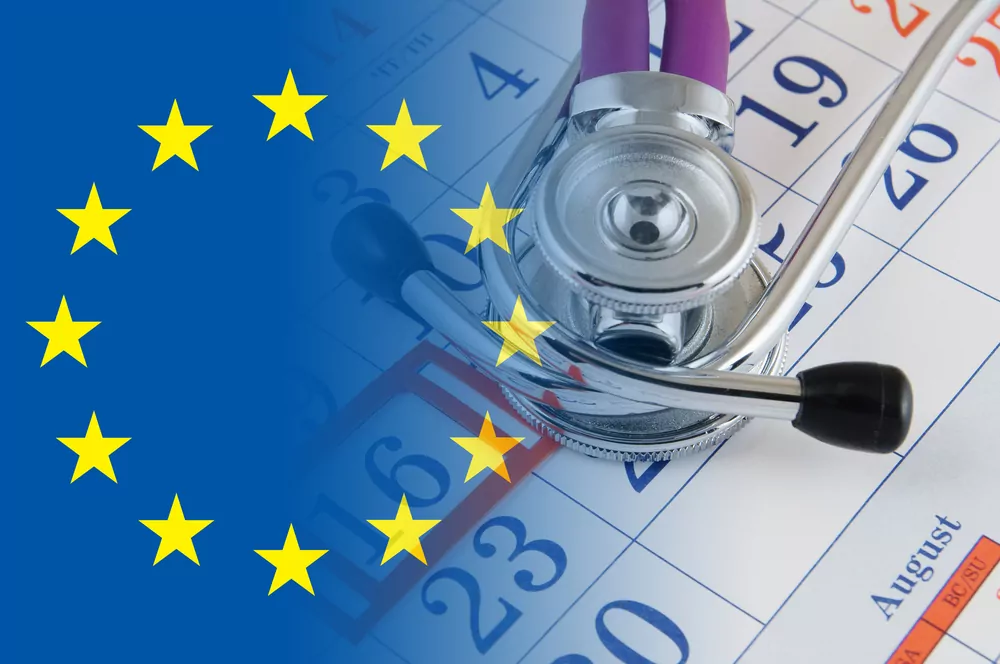Europe’s Unitary Patent (UP) system will begin operating from 1 June 2023 after Germany became the 17th country to ratify the agreement.
The College of Commissioners, which holds weekly decision-making oral procedure meetings, has scheduled 26 April to discuss the patent package. The procedure will explore the compulsory licensing of patents, standard essential patents and revision of legislation on supplementary protection certificates.
To understand the significance of the development, it is important to differentiate between patents and market exclusivity, which are often confused with one another. In an FAQ document, the US Food and Drug Administration, for example, states: “Patents can be issued or expire at any time regardless of the drug’s approval status. Exclusivity attaches upon approval of a drug product if the statutory requirements are met.”
Companies can apply for patents for an active substance, for a manufacturing process and for a specific indication to treat a disease, which gives them exclusive rights for an agreed period, generally 20 years.
The problem, however, was dealing with a highly fragmented market for patents across Europe with significant differences between national court systems. For small and medium-sized companies, in particular, this fragmentation made it difficult to enforce their patents.
The UP establishes a new patent court, the Unified Patent Court, that provides a single, specialized patent jurisdiction affecting all participating countries, which will let patent holders enforce patents – both unitary and non-unitary European patents – in a centralized manner.
The patent agreement is regarded as an important step toward giving innovator companies clarity and protecting their intellectual property against global competition. An important aspect of the UP is to encourage research and innovation in the EU.
Germany’s ratification of the Unified Patent Court Agreement enables the enactment of the 2012 patent package that laid the groundwork for unitary patent protection in the EU. That enactment entered into provisional application in January 2022. A total of 24 EU countries are expected to participate, though some countries have yet to ratify the agreement.








